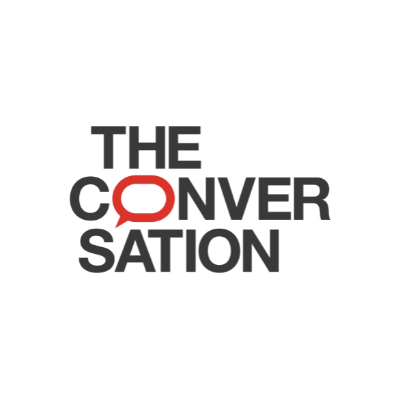 The Conversation Article Rating
The Conversation Article RatingStripping Russia's veto power on the Security Council is all but impossible. Perhaps we should expect less from the UN instead
- Bias Rating
50% Medium Conservative
- Reliability
65% ReliableFair
- Policy Leaning
50% Medium Conservative
- Politician Portrayal
N/A
Continue For Free
Create your free account to see the in-depth bias analytics and more.
Continue
Continue
By creating an account, you agree to our Terms and Privacy Policy, and subscribe to email updates. Already a member: Log inBias Score Analysis
The A.I. bias rating includes policy and politician portrayal leanings based on the author’s tone found in the article using machine learning. Bias scores are on a scale of -100% to 100% with higher negative scores being more liberal and higher positive scores being more conservative, and 0% being neutral.
Sentiments
N/A
- Liberal
- Conservative
| Sentence | Sentiment | Bias |
|---|---|---|
Unlock this feature by upgrading to the Pro plan. | ||
Reliability Score Analysis
Policy Leaning Analysis
Politician Portrayal Analysis
Bias Meter
Extremely
Liberal
Very
Liberal
Moderately
Liberal
Somewhat Liberal
Center
Somewhat Conservative
Moderately
Conservative
Very
Conservative
Extremely
Conservative
-100%
Liberal
100%
Conservative

Contributing sentiments towards policy:
56% : This, in principle, should mean all nations are equal under international law.54% : The fact the charter includes a restriction on the veto but only in relation to non-binding resolutions demonstrates an intention to place the P5 beyond scrutiny.
53% : The only UN body that has the power to make binding international law is the Security Council.
52% : Some are more equal than othersArticle 2(1) of the UN Charter says the UN is based on the principle of sovereign equality.
52% : As a result, maybe it is time we start treating the UN for what it is - a diplomatic congress aimed at making the world a little better through encouraging cooperation.
47% : However, this isn't a failure of the UN itself, but rather a design feature baked in to the whole UN system.
47% : They also ensured they could prevent any reform of the UN to limit their power.
44% : And reform of the UN is functionally impossible, which is why we need to stop expecting so much from the global body.
44% : Read more: Don't be too quick to condemn the UN Security Council power of vetoThe only avenue left for reform is to dissolve the UN Charter and reform the UN under a new treaty that limits or abolishes the power of the veto.
44% : In creating the UN, they placed themselves above the law and above the power of the UN specifically so they could avoid scrutiny of their actions.
43% : Every time a member of the five permanent members of the UN Security Council - the US, Russia, France, the UK and China - engages in abhorrent actions, we see a wave of voices decrying the powerlessness and failure of the UN to stop conflict and atrocities.
43% : Given the state of global solidarity is very different today compared to the end of WWII when the UN was established, I'm loathe to test this approach.
40% : Read more: Is international law powerless against Russian aggression in Ukraine?
37% : Veto power in the hands of the aggressor is what has pushed the UN into deadlock.
36% : Tempering our expectationsYes, this means the UN is powerless to address Russian aggression in Ukraine, in the same way it was powerless to address US and UK aggression in Iraq.
35% : A P5 that is restrained by the Charter when it suits them is less dangerous than a P5 that opts out of international law entirely, leaving them completely unrestrained in their aggression.
33% : The central part of this criticism is that the five permanent members of the Security Council (commonly referred to as the "P5") have a veto power, which can prevent UN action when they have engaged in wrongdoing.
33% : This criticism is entirely reasonable - the P5 shouldn't be able to prevent the UN from acting against them.
31% : This veto power is what has prevented Russia from being expelled from the UN, as Zelensky has repeatedly called for, because suspension or expulsion of a member from the UN requires action from the Security Council.
*Our bias meter rating uses data science including sentiment analysis, machine learning and our proprietary algorithm for determining biases in news articles. Bias scores are on a scale of -100% to 100% with higher negative scores being more liberal and higher positive scores being more conservative, and 0% being neutral. The rating is an independent analysis and is not affiliated nor sponsored by the news source or any other organization.





















